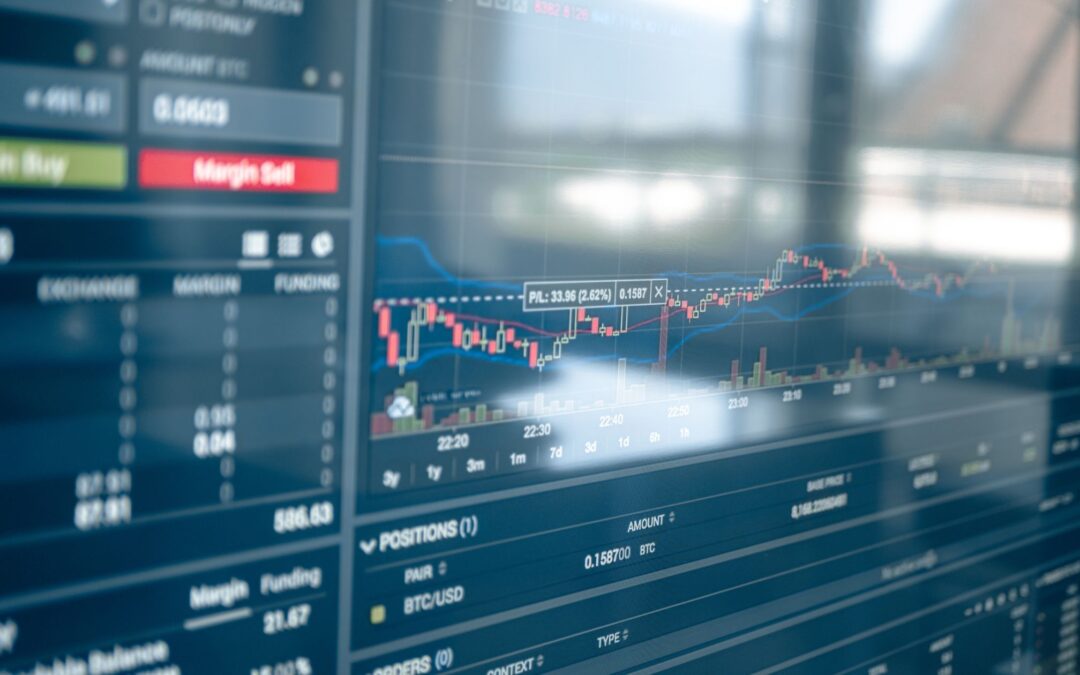In a significant move since the FTX collapse, former executives have collaborated to create a cutting-edge cryptocurrency exchange. This platform emphasises security, incorporating a self-custody approach with advanced multiparty computation techniques to ensure robust protection of customer funds.
A group of former employees from the cryptocurrency exchange FTX have joined forces to create a new crypto exchange in Dubai.
This new venture aims to address a key issue FTX struggled with – keeping customer funds safe.
Who is involved in this new crypto exchange?
Can Sun, previously a lawyer for FTX, is leading this initiative with a company called Trek Labs. Trek Labs, based in Dubai, recently got a license to provide crypto services in the region. They will operate under the name Backpack Exchange.
Supporting Sun in this endeavour is Armani Ferrante, another ex-FTX employee. Ferrante is the CEO of Trek’s parent company in the British Virgin Islands. He also oversees Backpack, a crypto wallet that’s part of Backpack Exchange. This collaboration was detailed in a report by The Wall Street Journal on November 11.
Claire Zhang, who worked closely with Sun at FTX and is Ferrante’s wife, is also a key member of Trek’s executive team. However, she plans to leave the company after an investment round is raised. The Wall Street Journal mentioned that Zhang has been contributing without a salary to support the early stages of the exchange’s development.
Will this new exchange be better than FTX?
Sun and Ferrante, both former FTX executives, are keen on applying the lessons they learned from the downfall of FTX, particularly in safeguarding customer assets.
They’re introducing a self-custody feature in their new venture, Backpack, which uses a multi-party computation (MPC) method. This approach requires multiple approvals for any transaction, enhancing security.
Additionally, Backpack will allow its customers to check their funds at any time. Sun highlighted to The Wall Street Journal the importance of trust and transparency in the current financial landscape, especially after the FTX collapse.
Backpack Exchange is currently undergoing beta testing, with plans for a broader rollout later in the month, as per the company’s announcement.
Sun was also involved in the recent fraud trial of Sam Bankman-Fried, FTX’s former CEO. He testified, revealing that Bankman-Fried had consulted him for legal advice regarding the use of FTX’s funds by Alameda Research. Bankman-Fried was found guilty on all seven charges related to fraud.
Disillusioned by the misuse of customer funds, Sun resigned from his role as FTX’s general counsel the day after learning about these practices. He expressed his disappointment, noting that this went against his principles and what he was led to believe by Bankman-Fried.
The collapse of Bankman-Fried’s empire was marked by the misuse of billions in customer funds through Alameda Research for investment purposes, resulting in approximately $9 billion in missing customer funds.
What happens when you deposit funds on a crypto exchange?
In simple terms, here’s what’s happening with your funds when you interact with a centralized crypto exchange.
Crypto exchanges are where you can buy, sell, or store your cryptocurrencies. However, not all exchanges operate the same way. Some might use your funds in ways you don’t expect, like investing them in other ventures, which can be risky.
The collapse of FTX is a key example. The CEO allegedly used customer funds for other investments, leading to huge losses. This shows that if the people running the exchange are not trustworthy, your funds could be at risk.
Exchanges use hot wallets (online) and cold wallets (offline) to store crypto. Cold wallets are safer from hacking but less convenient for quick transactions. Most exchanges keep a mix of both to balance safety and convenience.
Exchanges are now focusing more on self-custody options, meaning you have more control over your crypto. They are also using advanced security measures like multi-party computation to protect funds.
Exchanges with securities registration are held to higher standards, which include keeping comprehensive records and being subject to regulatory inspections. This is important for the safety of your funds.
What can you do to protect your funds?
Always research an exchange or broker before investing.
Understand their business model, how they store and use your funds, and what security measures they have in place.
It’s crucial to be aware of the risks and choose platforms that prioritise the safety of your funds.

